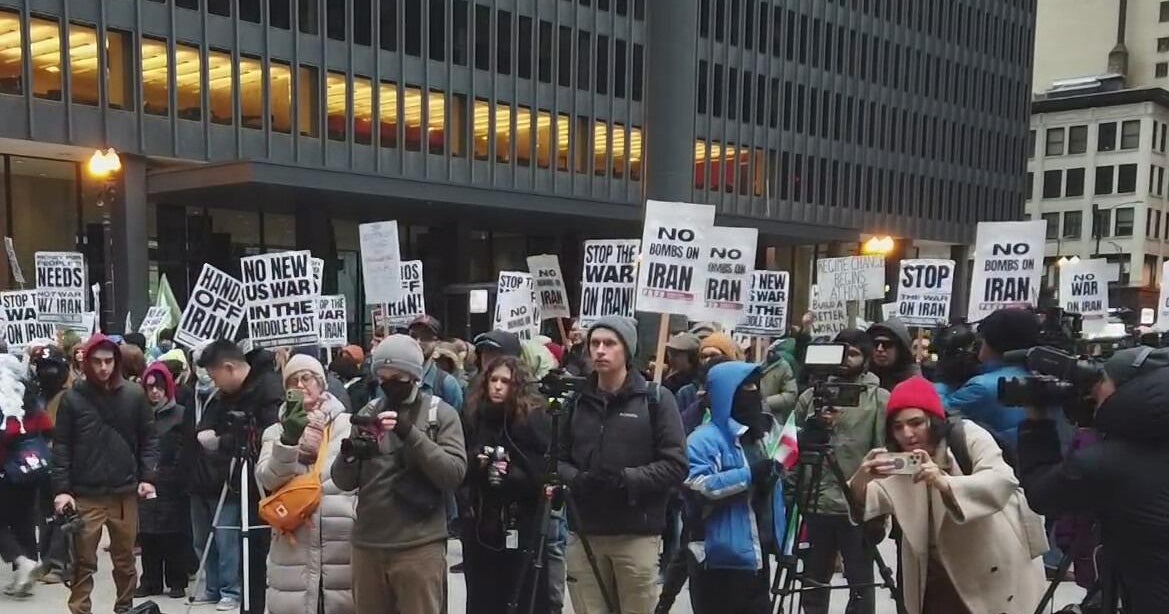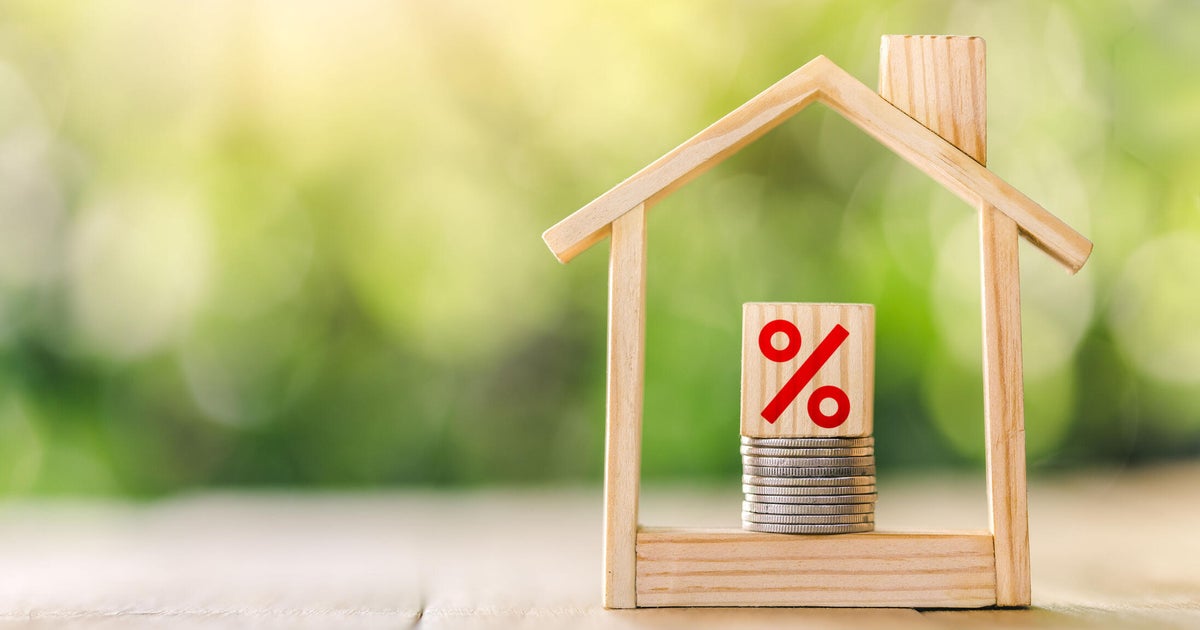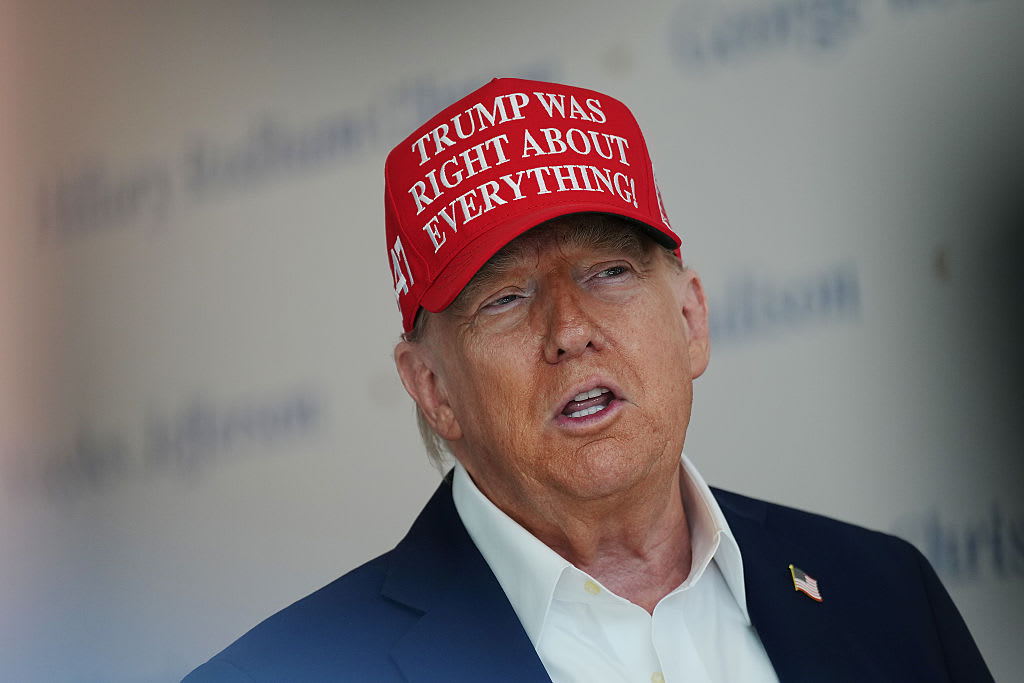Janet Yellen: Delaying interest rate hikes "unwise"
The Federal Reserve intends to move with some dispatch to raise interest rates, although acting as soon as its next meeting in March is up in the air.
Appearing before the Senate Banking Committee, Fed Chair Janet Yellen said “waiting too long” to hike rates “would be unwise.” Prolonged delays in raising the federal funds rate -- how much banks charge each other for overnight loans -- as the U.S. economy continues to strengthen would lead to the Fed’s policy-making committee having to raise rates rapidly, she indicated. That “could risk disrupting financial markets and pushing the economy into recession,” Yellen said.
Still, Yellen tempered that by saying the Federal Open Market Committee, or FOMC, the central bank’s policy-making arm, would have to evaluate tax and spending changes in the month ahead. In her first appearance before Congress since Donald Trump’s inauguration, Yellen was referring to the aggressive economic stimulus that the president has pledged. But she added that “it’s too early to know what policy changes will be put in place or how their economic effects will unfold.”
Market reaction was swift, with government bond yields climbing on the news, signaling that traders thought a Fed hike was coming in the near term. The benchmark 10-year Treasury note rose to 2.5 percent during her testimony from 2.43 percent, although it dipped a bit later.
“She seemed more hawkish than the market expected,” said Michael Arone, chief investment strategist at State Street Global Advisors, meaning more prone to hike interest rates. “The markets over-reacted.”
The Fed had kept the fed funds rate near zero for seven years and then, as the economy improved, raised just twice -- in December 2015 and again last December. The overnight lending rate is currently targeted in the 0.5 percent to 0.75 percent range.
On Tuesday, Yellen reiterated her stance that the Fed would increase rates gradually as long as economic fundamentals like employment and wages continue to go up.
FOMC members in January indicated that three more increases are likely in 2017. But traders are pricing in just two rate increases -- in June and December. The likelihood for a March hike is just under 20 percent, according to the Chicago Mercantile Exchange, which offers futures contracts to bet on the timing of rate moves.
In a research note, Jim O’Sullivan, chief U.S. economist at High Frequency Economics, said Yellen’s remarks had “a fairly upbeat tone, consistent with more tightening before too long.” The upshot: A rate increase in March is “quite viable -- depending on the data and markets developments over the next month, of course,” he wrote.
Other analysts think the Fed will wait longer, as it takes the measure of Mr. Trump’s fiscal program, and its chances of implementation by a sometimes balky Congress. Ian Shepherdson, chief economist at Pantheon Macroeconomics, expects the next hike to come no earlier than May.
Paul Ashworth, chief U.S. economist at Capital Economics, noted that Congress’ deadlock over revamping or axing Obamacare showed that “fiscal stimulus could now be delayed for some time.”
Many analysts did some tea-leaf reading to divine the timing of the hike, focusing on this key Yellen utterance: “At our upcoming meetings, the committee will evaluate whether employment and inflation” are on track to warrant a rate increase.
“Notice the word ‘meetings’ not ‘meeting.’ March 15 is a mere one month and one day away, which seems to be a short window to amass enough evidence” to boost the rate, according to Michael J. Gregory, deputy chief economist at BMO Capital Markets Economics.
What many overlook, State Street’s Arone said, is that other forces will impel the Fed to steadily lift rates this year, in addition to whatever Mr. Trump and Congress do -- namely the increasing possibility that large central banks around the world may want to push up rates as well.



